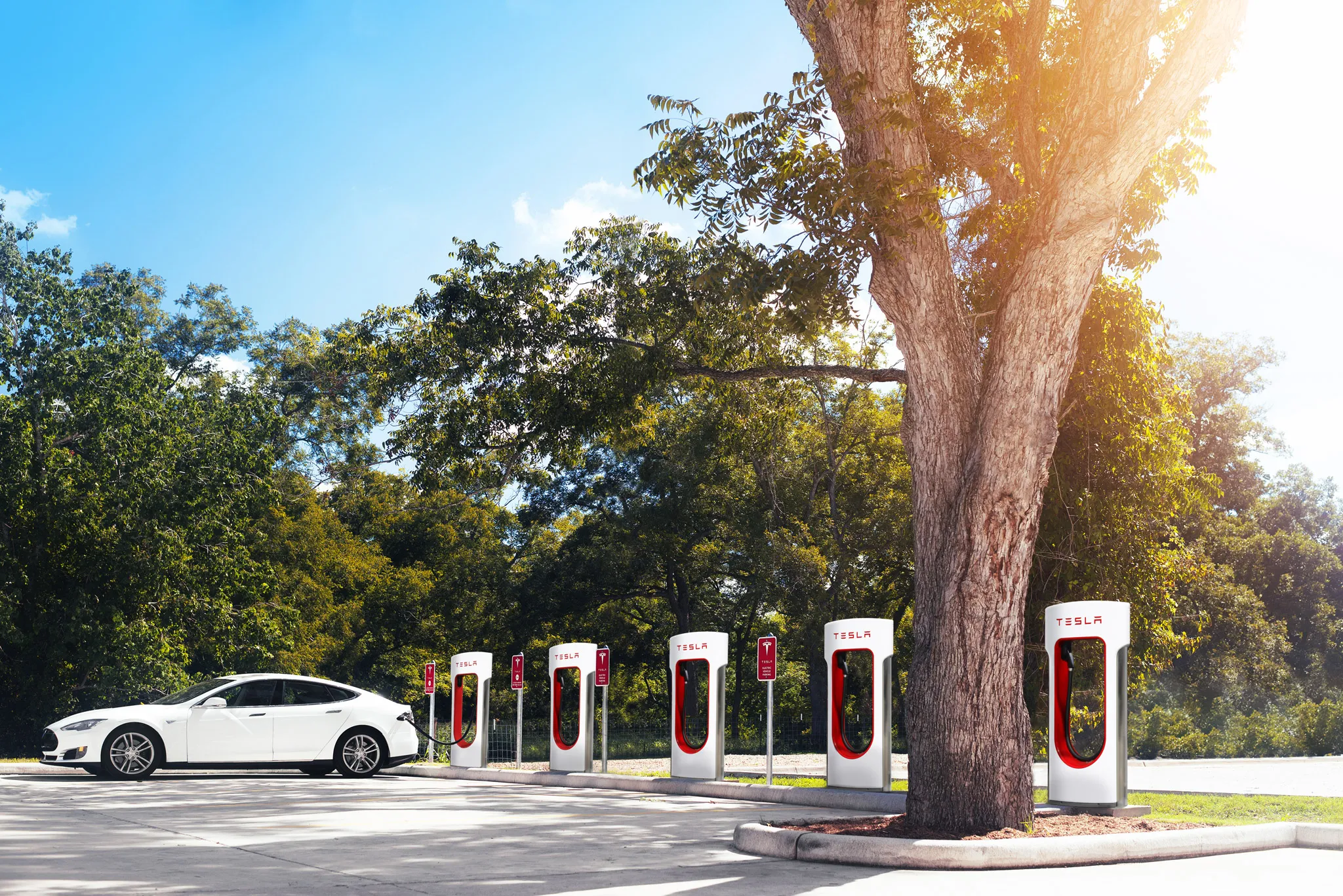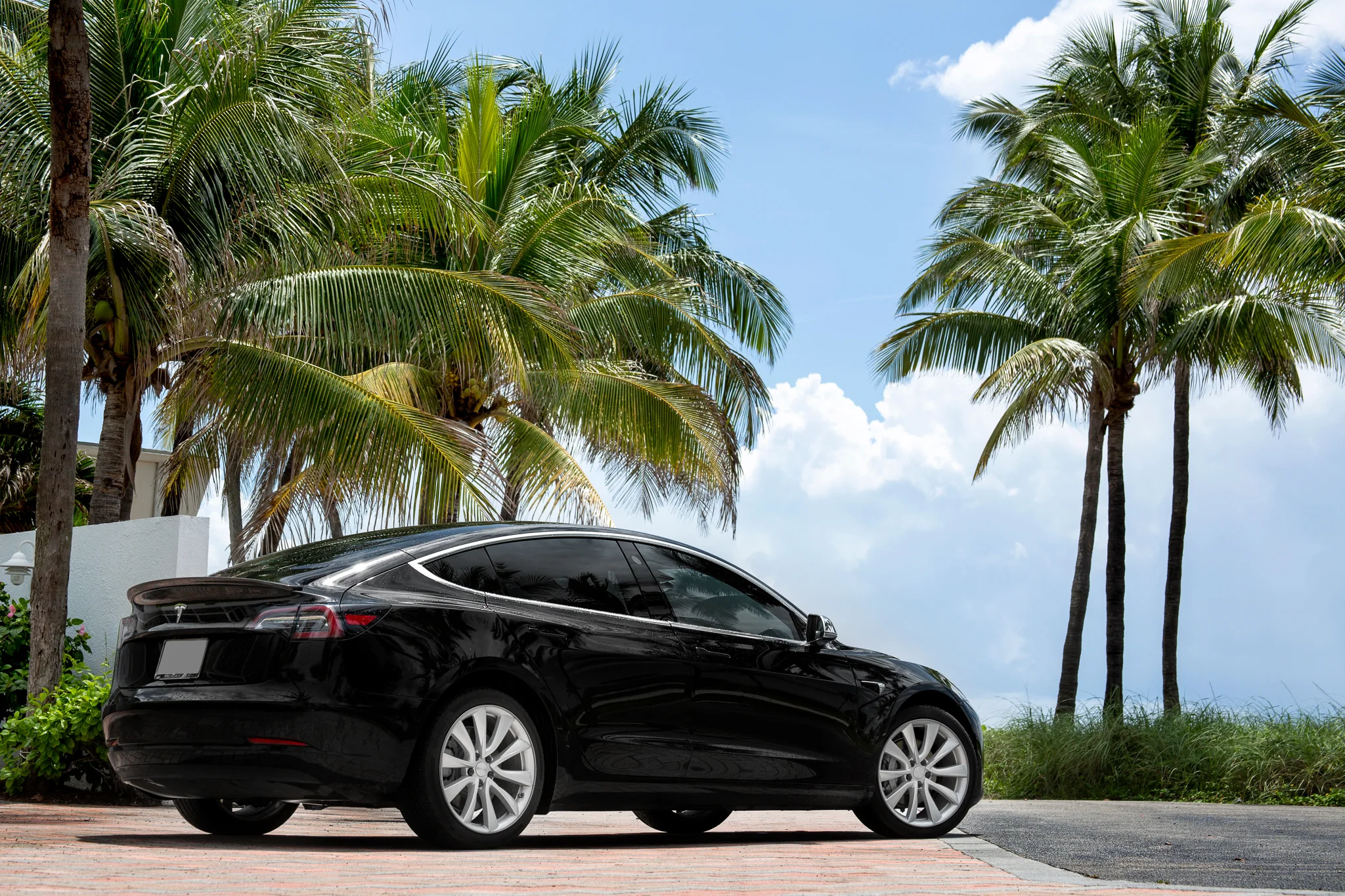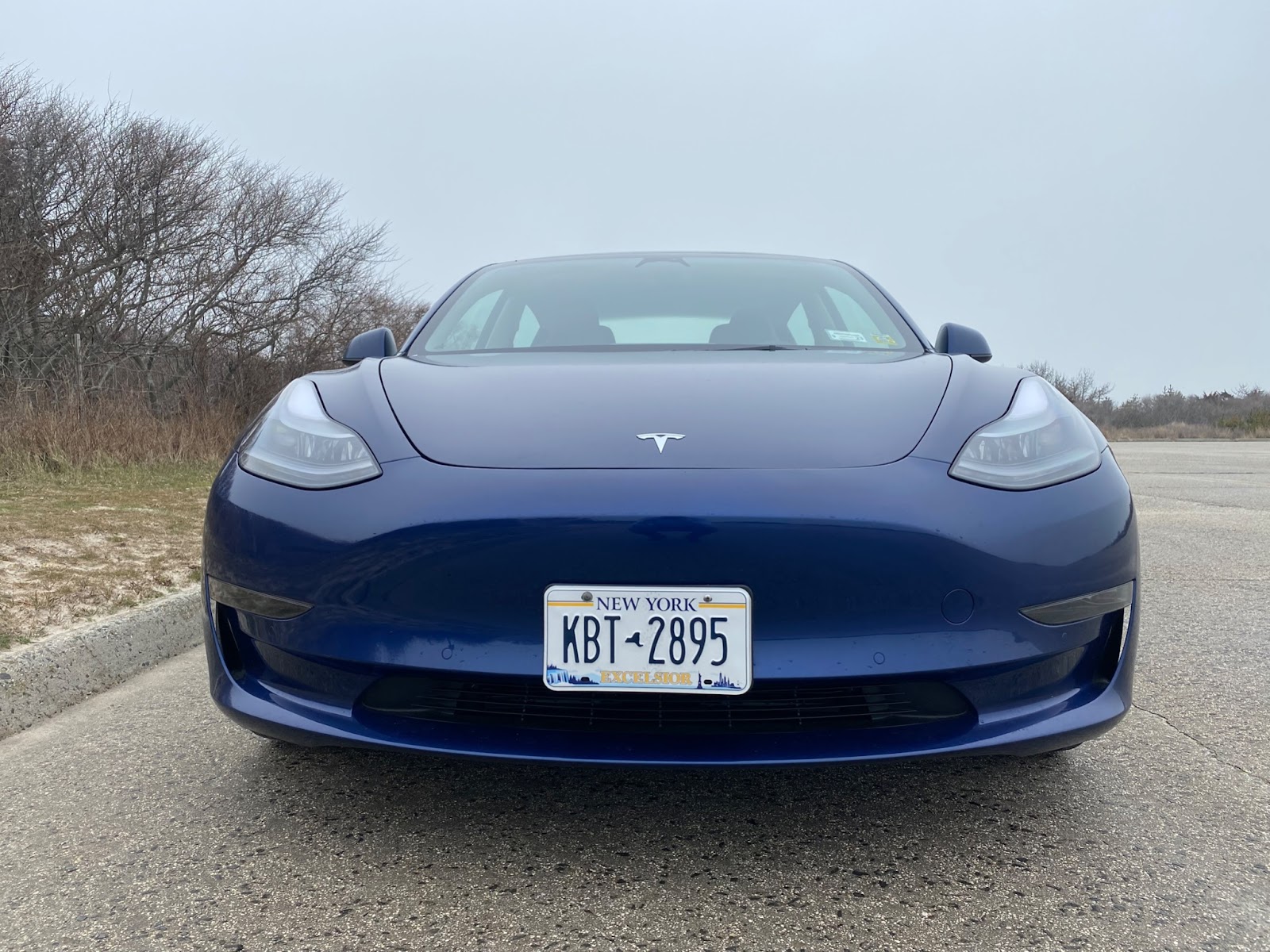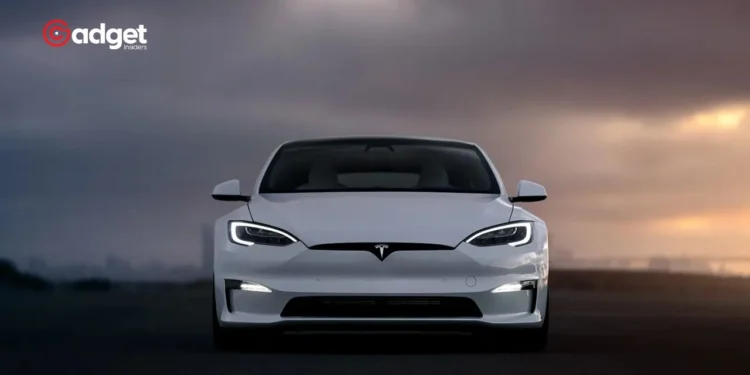Tesla’s production facility in Fremont, California, is under intense scrutiny as environmental watchdogs and legal actions pile up against the tech giant over alleged toxic emissions. The spotlight on Tesla’s environmental practices intensifies, overshadowing recent high-profile visits, including one by Israeli Prime Minister Benjamin Netanyahu and discussions with tech leaders like Elon Musk.

Regulatory Authorities Step In
The Bay Area Air Quality Management District has taken a significant step by launching a thorough investigation into Tesla. Reports from Tech Explore highlight the district’s serious allegations against Tesla, with claims of 112 illegal toxic emissions since 2019. These emissions, containing harmful contaminants, are said to pose grave health risks, particularly affecting the vulnerable groups like children, the elderly, and those with pre-existing respiratory conditions.
The primary sources of these emissions have been identified as the paint-spraying booths and paint-baking ovens within Tesla’s facilities. Despite ongoing discussions aimed at mitigation, the district has found the efforts insufficient and is considering drastic measures. “If Tesla does not engage outside experts to help curtail the emissions, we might have no choice but to shut down significant parts of their operations,” a district spokesperson stated.
In 2007 @elonmusk interview, 'World is not enough "Tesla motors was created more to address environmental issues, climate change and of course technology that picks up from 0 to 60 in less than 4 secs, twice energy efficiency of fossil fuel car, high moral ground responsibility.… pic.twitter.com/aSjzw6st67
— Prerana Borah (@PreranaBorah) April 26, 2024
Legal Battles Over Environmental Impact
Adding to the regulatory challenges, The company also faces a lawsuit from the Environmental Democracy Project. This legal action stresses the ongoing release of pollutants that allegedly endanger both residents and workers in the area. The lawsuit points to multiple violations of air quality regulations under the Clean Air Act, painting a picture of a company repeatedly flouting environmental laws.

“Company’s non-compliance with environmental safety standards is not only unlawful but also unethical, considering the disproportionate impact on communities of color in Fremont,” said an attorney from the Environmental Democracy Project. This lawsuit aims to hold Tesla accountable and ensure stricter adherence to environmental laws, which have historically seen company fined for infractions ranging from hazardous waste disposal to previous air quality violations.
Musk’s Controversial Stance on Regulations
Amid these controversies, Tesla CEO Elon Musk has been outspoken about his views on regulatory bodies and the legal constraints imposed on his business operations. Musk’s frequent criticisms of regulatory standards have not gone unnoticed, drawing ire from both environmental advocates and regulatory bodies.

“In a world striving for sustainable development, the disregard of environmental regulations is a serious concern that needs addressing,” remarked an environmental policy expert. Musk’s approach to handling these legal and regulatory challenges continues to be a point of contention and debate within environmental and business circles.
Tesla’s Environmental Balancing Act
As Tesla navigates through these turbulent waters, the implications extend beyond immediate legal ramifications. The ongoing issues highlight critical questions about the balance between innovation and environmental responsibility. company’s journey through these challenges will be closely watched by investors, environmentalists, and policy-makers alike, shaping the discourse around corporate responsibility in the era of technological advancement.
In conclusion, Tesla’s situation serves as a pivotal case study on the complexities of maintaining corporate growth while adhering to environmental standards and regulations. The outcomes of these investigations and lawsuits will likely influence not only its operational strategies but also broader corporate practices in environmental compliance across the tech industry.










